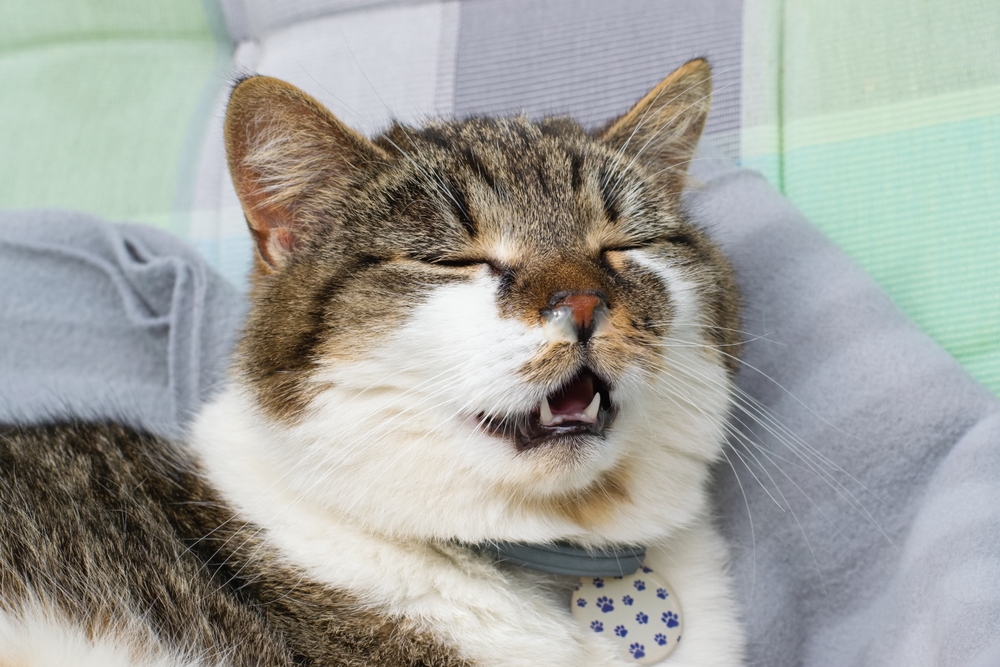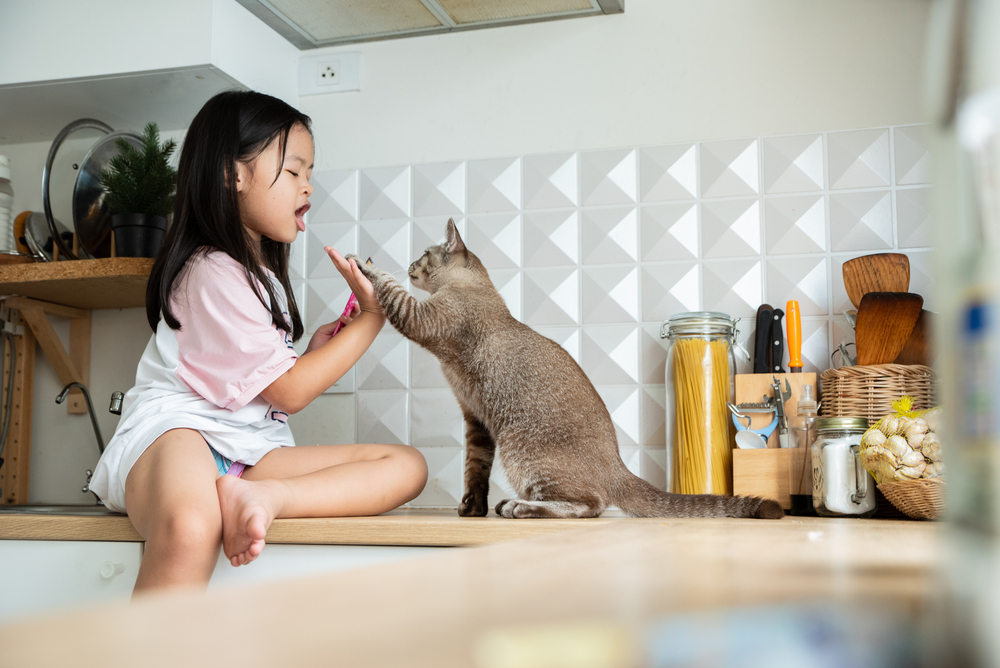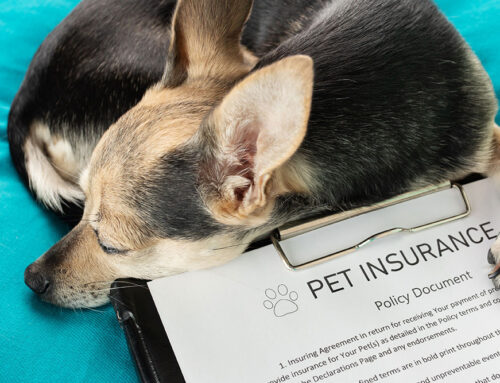Understanding Your Cat’s Increased Vocalization: Causes and Solutions
Cats are naturally communicative animals, using meows, purrs, chirps, and even yowls to express their needs and emotions. However, if your cat has suddenly become more vocal than usual, it could indicate a medical issue, behavioral change, or environmental stressor. Understanding the cause behind increased meowing is key to ensuring your cat’s well-being.
At Star of Texas Veterinary Hospital in Austin, Texas, we help pet owners identify why their cats are meowing more than usual and provide solutions for managing excessive vocalization.
Why Is My Cat Meowing More Than Usual?
While some cats are naturally chatty, a sudden increase in vocalization can signal an underlying issue. Here are the most common reasons your cat may be meowing excessively.
1. Seeking Attention or Communicating Needs
Many cats meow simply to interact with their owners. Increased meowing may be a sign that your cat is:
- Hungry – Cats quickly learn that meowing can result in food, especially if it has worked in the past.
- Seeking Affection – Some cats vocalize to request petting or playtime.
- Expressing Discontent – A meow may indicate that your cat is frustrated, such as when a door is closed or their litter box is dirty.
If your cat’s meowing is predictable—like before mealtime or when you return home—this behavior is normal and harmless. However, sudden, unexplained increases in vocalization warrant a closer look.
Medical Causes of Increased Meowing
2. Hyperthyroidism
One of the most common medical reasons for excessive meowing in senior cats is hyperthyroidism. This condition causes an overactive thyroid gland, leading to:
- Increased appetite and thirst
- Weight loss despite eating more
- Restlessness and excessive vocalization
Hyperthyroidism can also lead to high blood pressure and heart disease, so early diagnosis is crucial. If your cat is showing these signs, consult your veterinarian for routine blood work. Learn more about feline hyperthyroidism.
3. Pain or Discomfort
Cats meow when they are in pain or distress, especially if they have:
- Arthritis (common in senior cats)
- Dental disease or oral pain
- Urinary tract infections (often accompanied by frequent litter box visits)
Pain-related vocalization is often low-pitched or urgent-sounding. If your cat’s meowing is accompanied by hiding, limping, or changes in eating habits, schedule a veterinary visit for a thorough examination.
4. Cognitive Dysfunction Syndrome (Feline Dementia)
Older cats may experience cognitive dysfunction syndrome (CDS), a condition similar to dementia in humans. Symptoms include:
- Increased confusion or disorientation
- Restless nighttime meowing
- Changes in social behavior
If your senior cat is meowing excessively, especially at night, they may benefit from environmental enrichment and veterinary care. Schedule a consultation to discuss potential treatments.
Behavioral and Environmental Triggers
5. Stress and Anxiety
Changes in a cat’s environment—such as a move, a new pet, or a change in routine—can cause anxiety and increased vocalization. Common stressors include:
- Moving to a new home
- Introducing a new pet or family member
- Changes in daily routine or feeding schedule
Signs of anxiety in cats include hiding, aggression, overgrooming, or inappropriate urination. To reduce stress, provide safe spaces, consistent routines, and calming pheromones. Learn more about Fear-Free veterinary care.
6. Mating Behaviors in Unspayed or Unneutered Cats
If your cat is not spayed or neutered, excessive meowing may be due to mating instincts. Signs include:
- Loud, persistent yowling
- Restlessness and attempts to escape outdoors
- Marking behaviors (spraying urine)
Spaying or neutering your cat can help prevent mating-related vocalization and reduce the risk of reproductive diseases. Read our Feline Neuter FAQ.
How to Reduce Excessive Meowing
7. Veterinary Evaluation and Treatment
The first step in managing excessive meowing is to rule out medical causes. At Star of Texas Veterinary Hospital, we perform:
- Physical exams to check for pain, infections, or weight loss
- Blood tests to screen for hyperthyroidism and organ health
- Behavioral assessments to identify anxiety triggers
If your cat’s vocalization is linked to a medical condition, treatment options may include:
- Medication (for hyperthyroidism, arthritis, or anxiety)
- Dietary changes (for weight management or digestive support)
- Pain relief (if arthritis or dental disease is present)
Schedule an appointment to discuss the best treatment plan for your cat.
8. Environmental Enrichment at Home
If your cat’s meowing is behavioral rather than medical, try:
- Scheduled Playtime – Engage your cat with interactive toys to reduce boredom.
- Food Puzzles – Encourages mental stimulation and slows down eating.
- Window Perches – Cats enjoy watching birds and outdoor activity.
- Soft Nightlights for Senior Cats – Helps reduce confusion-related vocalization.
Providing a structured routine and plenty of stimulation can help minimize attention-seeking meowing.
9. Training and Communication Strategies
Cats respond well to consistent training and reinforcement. To manage excessive meowing:
- Ignore attention-seeking meows (as long as medical causes are ruled out).
- Reward quiet behavior with treats or affection.
- Avoid reinforcing meowing by feeding on demand. Instead, set a consistent mealtime schedule.
By reinforcing calm behaviors and providing structured interaction, your cat will learn to communicate more effectively.
When to Seek Veterinary Care
While some level of meowing is normal, schedule a veterinary visit if your cat’s vocalization is:
- Sudden and unexplained
- Accompanied by weight loss, excessive thirst, or changes in behavior
- Loud, distressing, or happening frequently at night
Severe or urgent meowing may indicate pain or an underlying illness. If your cat is meowing excessively and seems distressed, contact us for an evaluation.
Understanding Your Cat’s Meows
Excessive meowing can be frustrating, but it’s your cat’s way of communicating. Whether they are hungry, anxious, or unwell, understanding the cause behind their increased vocalization is key to improving their comfort and happiness.
At Star of Texas Veterinary Hospital, we are committed to helping pet owners navigate behavioral and medical concerns with expert guidance and compassionate care.
Book an appointment today to ensure your cat’s health and happiness!







